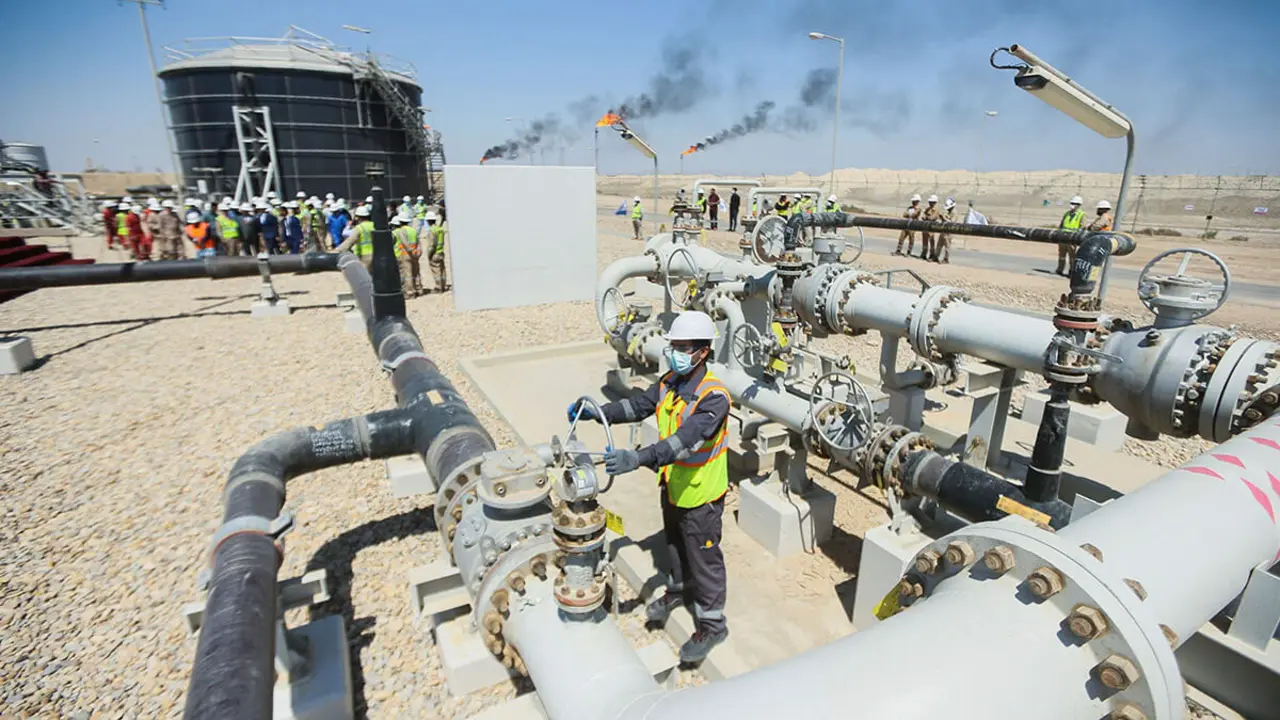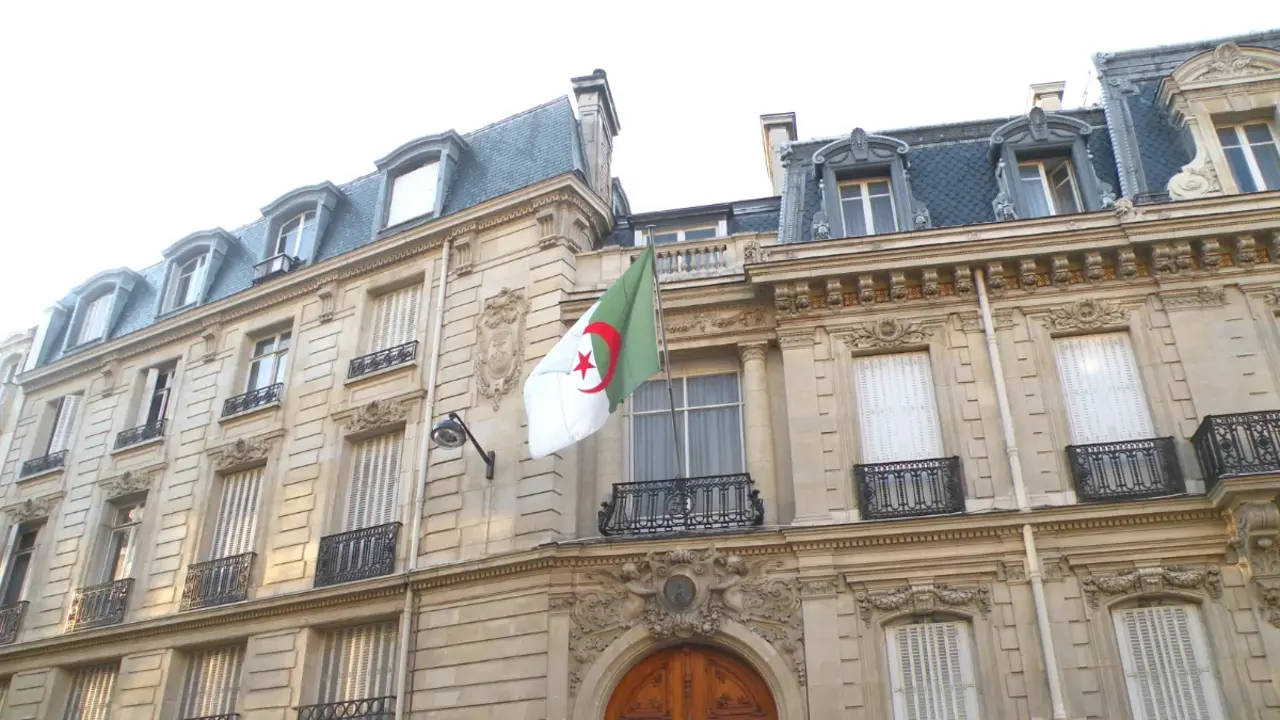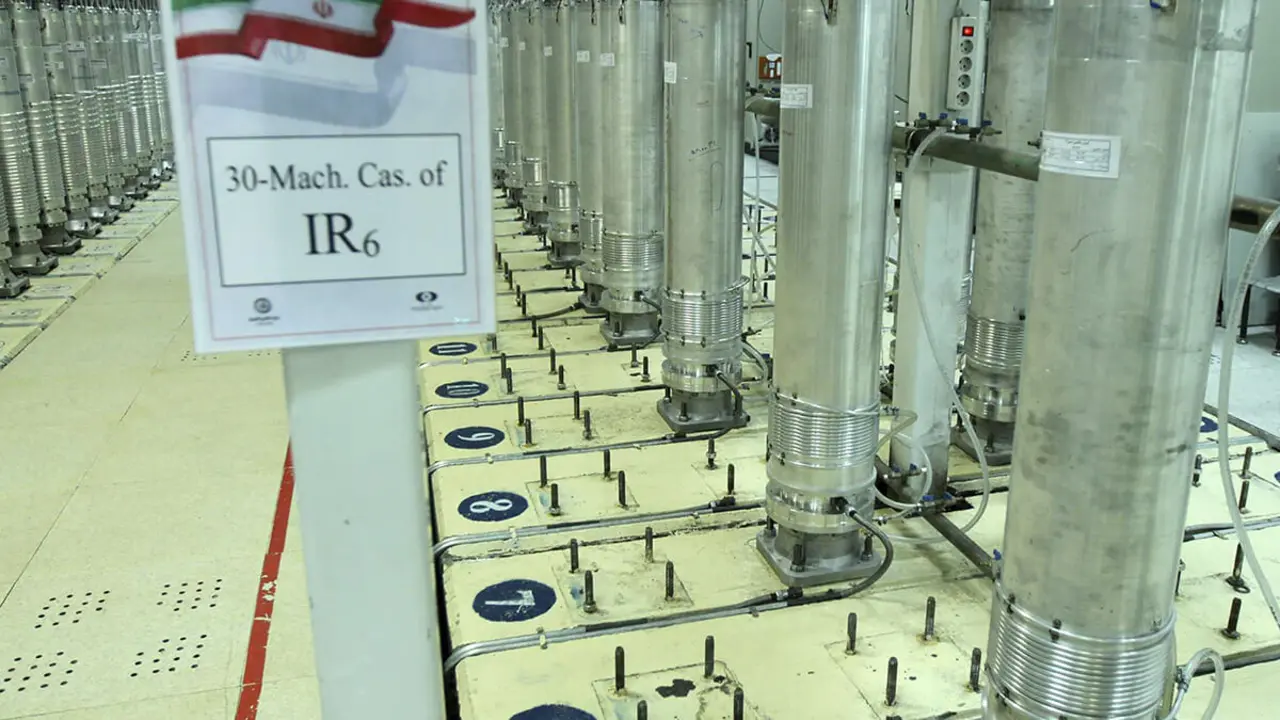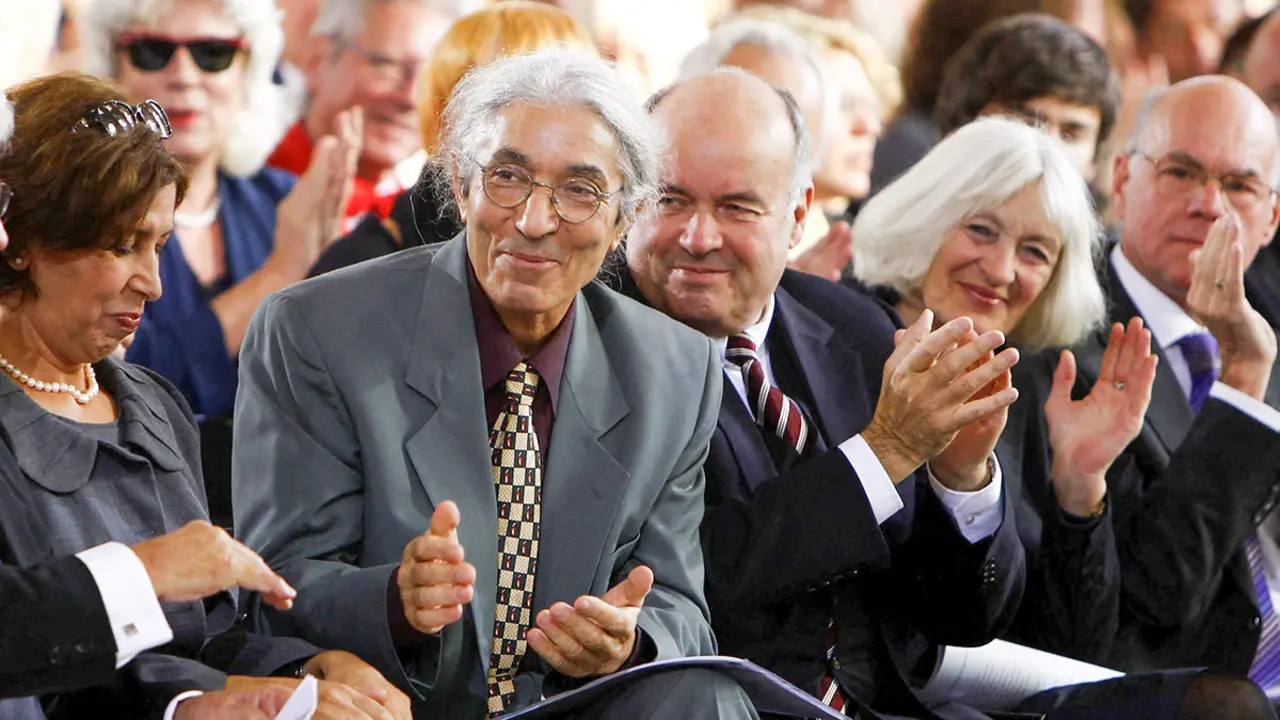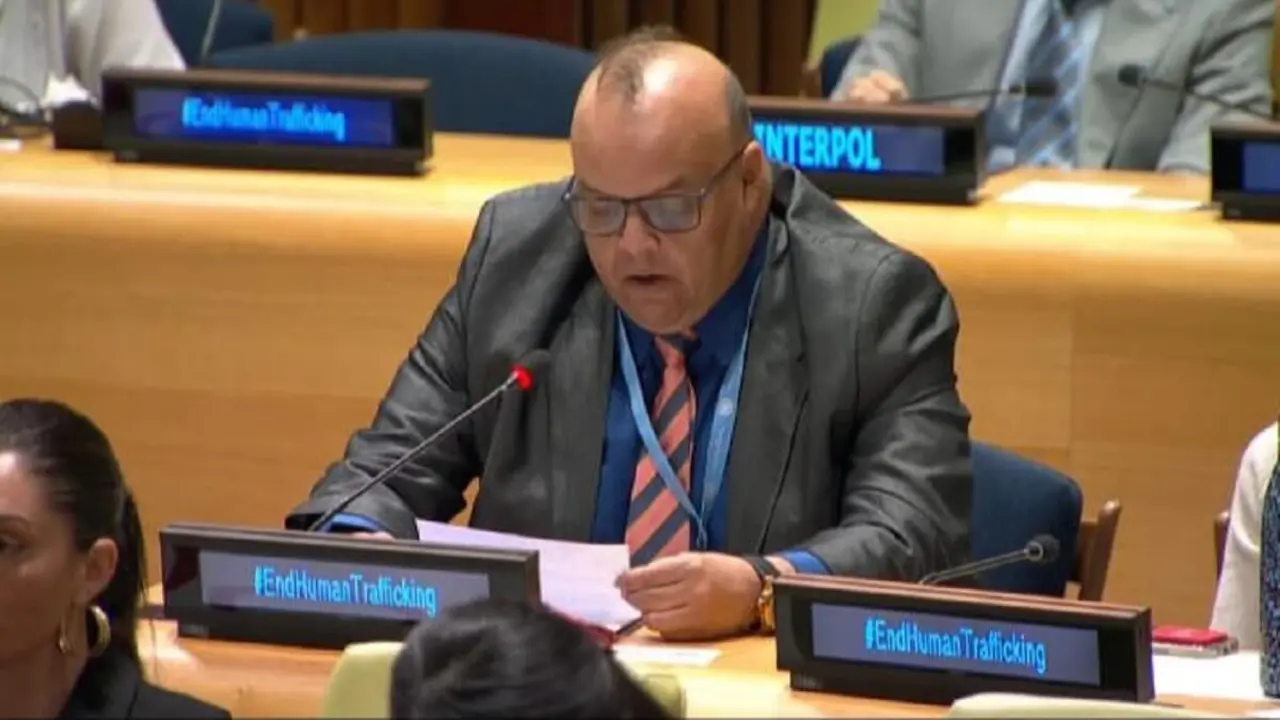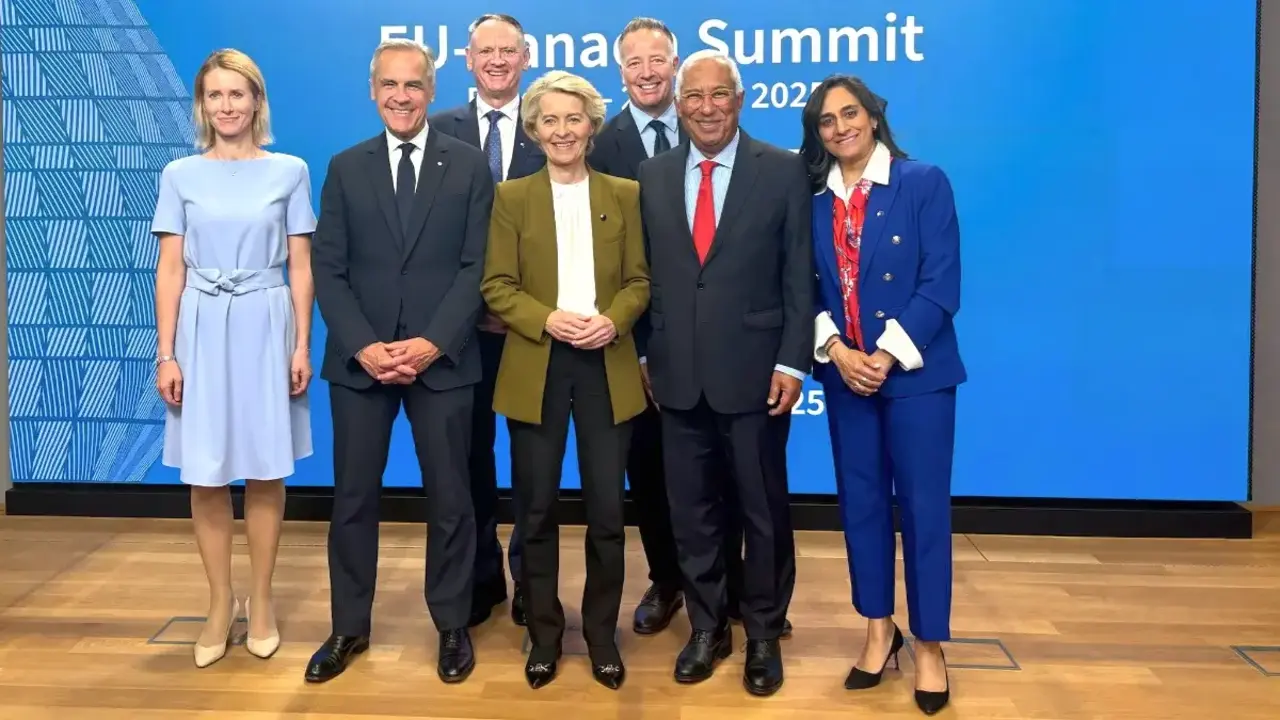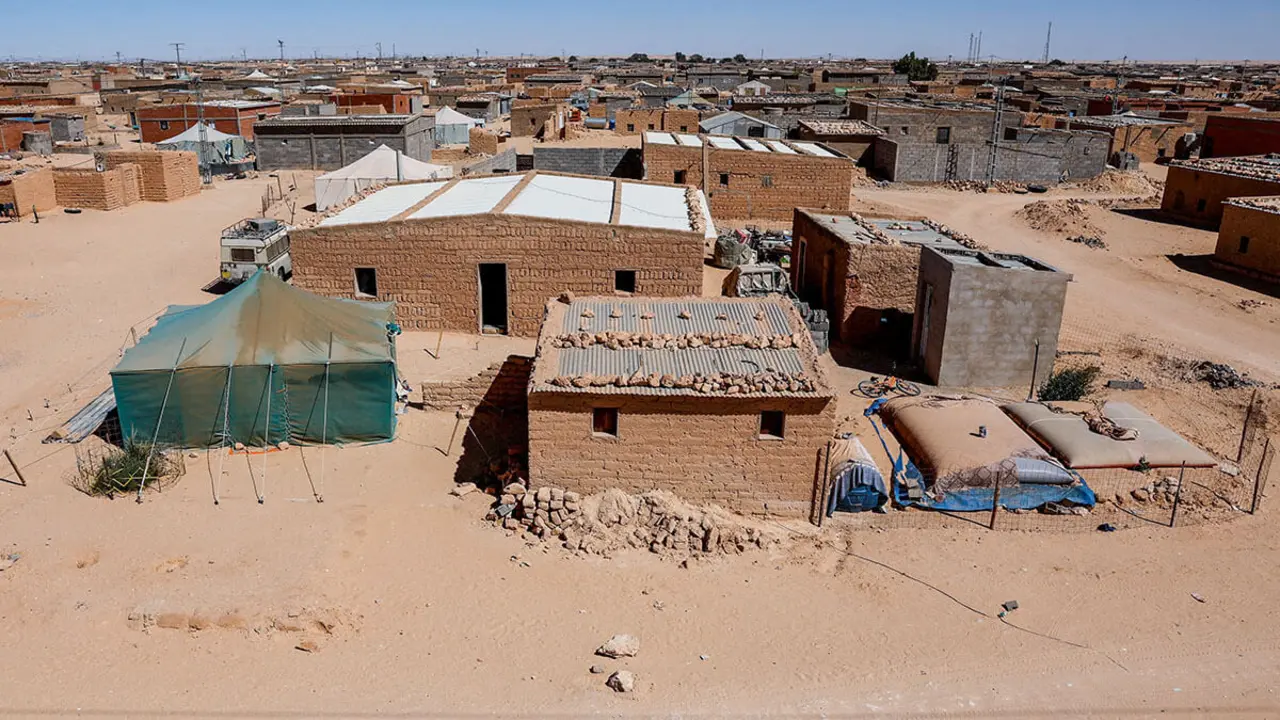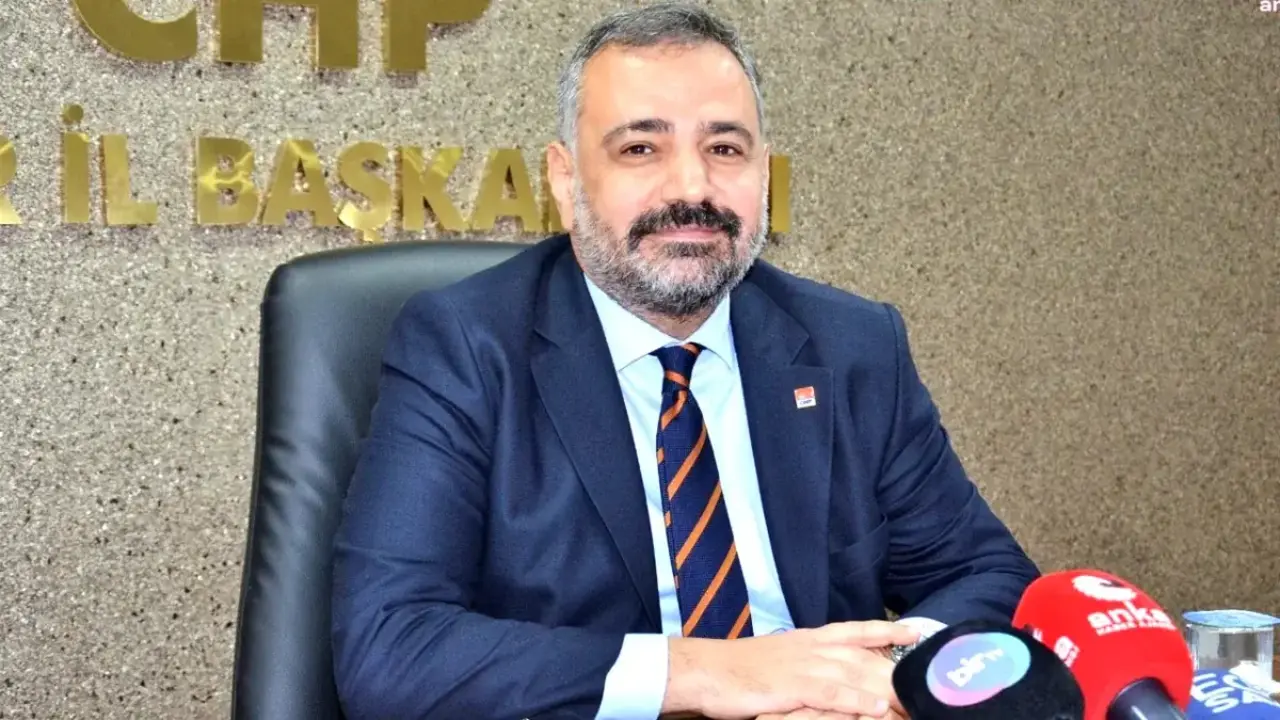Rebels agree to ceasefire in CAR

The countries of the African Great Lakes region, together with Chad, met in Angola at the end of last week to discuss the situation that the Central African Republic has been experiencing since December last year. Since then, shortly before the 28 February elections, rebels of the so-called Coalition of Patriots for Change (CPC), linked to former president François Bozizé, have plunged the country into violence, causing the number of displaced people to soar again.
The countries meeting in Luanda, the Angolan capital, recognised the results of the December elections, in which Faustin Touadera would have retained his presidency, as the country's Constitutional Court has also certified. This recognition will be a boost for his position, although the internal situation is critical. These countries also proposed to the CPC a "unilateral and immediate" ceasefire, in addition to withdrawing from the outskirts of the capital, Bangui.

The rebels, against all odds, have accepted the proposal, although they have asked to know for how long and, above all, what the next moves will be. Both the CPC and the Central African political opposition still do not recognise the results of the elections and express their rejection of what they consider to be a "sham".
The Constitutional Court, despite having endorsed the results of the presidential elections, has annulled the results of the legislative elections that took place on the same day in 13 of the country's 140 constituencies for irregularities. To these must be added the almost 60 constituencies where voting was not possible due to violence by the CPC.
The Coalition of the Democratic Opposition 2020 (COD-2020), the united platform comprising various opposition parties, including former president Bozizé's party, Kwa Na Kwa, is relying on this decision to extend it to the results of the presidential election. COD-2020, however, did not present a joint candidate, something Bozizé demanded, making it unrealistic for any of the multiple candidates to beat Touadera. Bozizé was the most prominent candidate, but as he was accused of having committed crimes, his candidacy was rejected, leading to the rise of the CPC and the resumption of violence.

Abakar Sabome, the CPC spokesman, has announced that its members will remain vigilant despite the ceasefire, and that if any offensive is made against their troops or positions, they will respond forcefully. It has also indicated that the capital will not be attacked, without specifying whether the siege on it and the roads through which it receives its supplies will be abandoned.
The country is currently under a state of emergency decreed by the president, while MINUSCA is urgently calling for an increase in the mission's troop strength to 14,650 troops to cope with rebel control of a significant part of the country.

This increase in violence, which according to MINUSCA allows the CPC to control almost half of the Central African territory, has pushed the number of displaced people to a record high, even higher than the figures for 2014 and 2015, at the height of the conflict between the Sélékas and the anti-balaka.
According to UN figures, more than 100,000 people have reportedly fled the country since December, 90% of them to the Democratic Republic of Congo. This increase brings the number of refugees to around 750,000 Central Africans, most of them in Cameroon and the DRC.

Although this increase is considerable, the trend had already been worrying, as since 2017, the number of refugees has continued to rise, despite the efforts of the international community to stabilise the country and create a security environment that removes the ethnic and religious violence in which the country was plunged five years ago.
The ongoing violence has also paralysed humanitarian aid deliveries, as many roads have been blocked. UN Secretary General's spokesman Stephane Dujamic warned that "more than 1,500 roads have been blocked on the route connecting Cameroon to CAR", and the humanitarian situation in the country continues to worsen.

